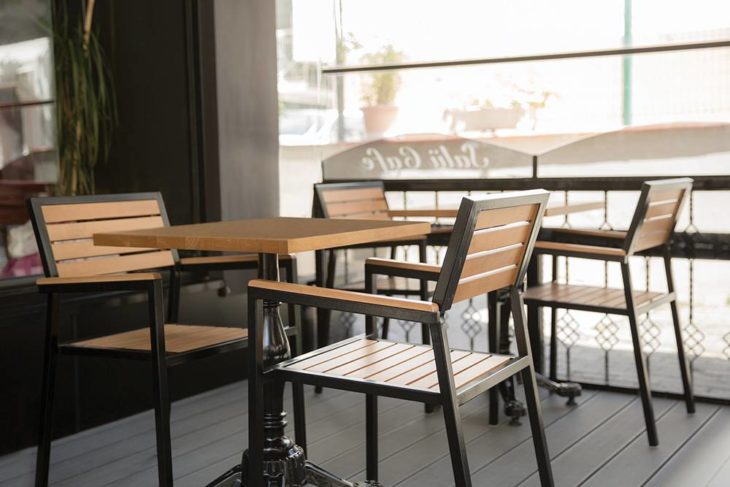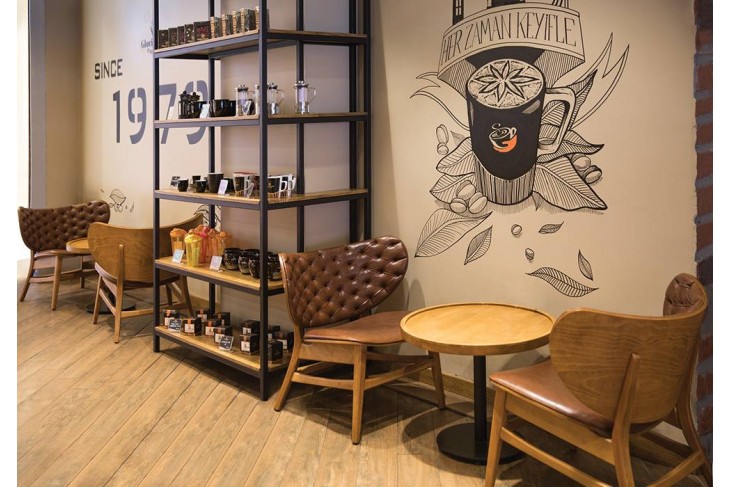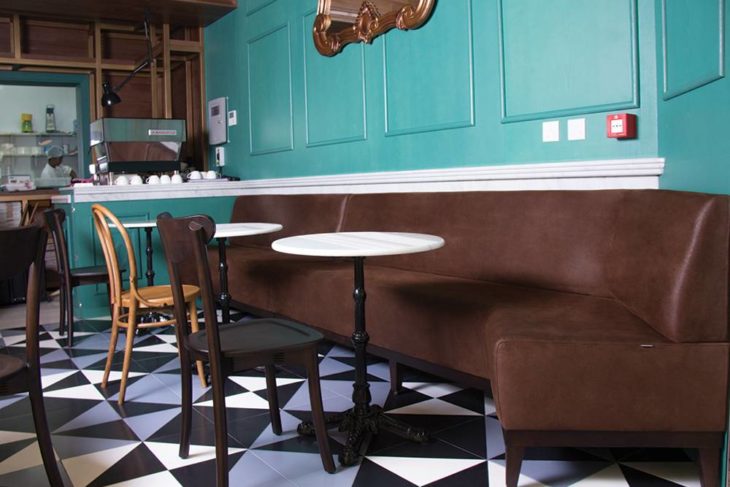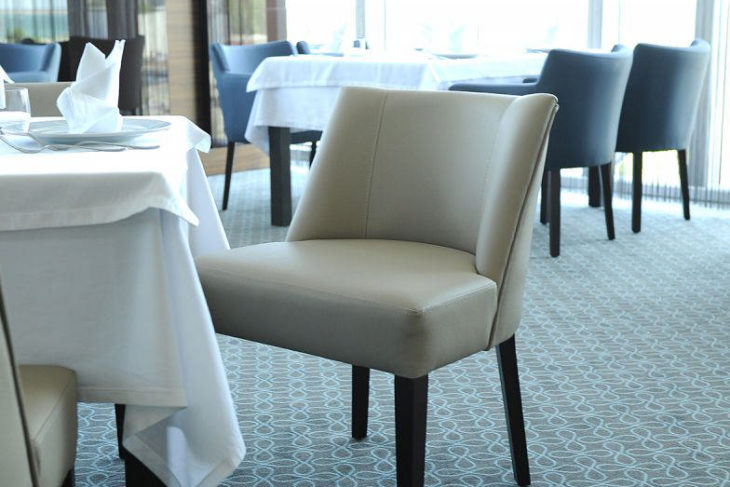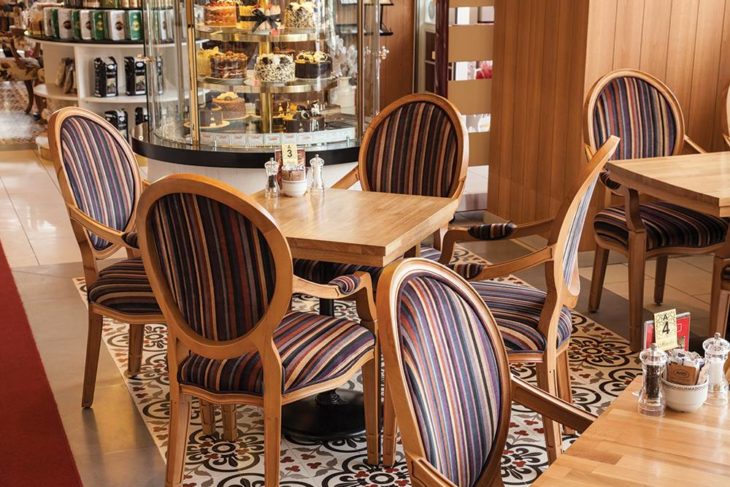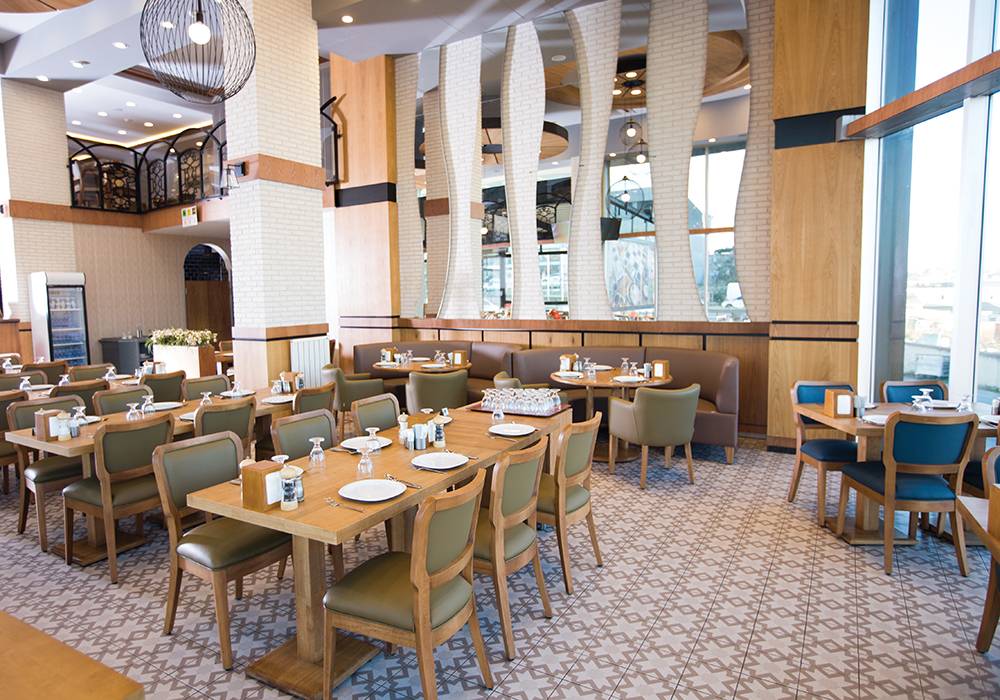
Innumerable accidents take place inside the house and accident prone places include the bathroom, kitchen and stairs. With mobility issues and vision problems, many senior citizens are more vulnerable to home accidents and falls.
Making sure that your elder’s home is safe enough
Home safety measures should be of paramount importance in elder care. Even if seniors seem physically fit and able, there should be safety measures in place, simply because the majority of accidents take place at home. And if seniors are incapacitated in any way, then home safety measures should be a priority.
Senior care is important because the ageing process takes a toll on vision, mobility, mental acuity and even energy levels. Slip and falls can have dangerous consequences, particularly when coupled with brittle bones. In home care of seniors should aim to prevent accidents.
How to keep the elderly loved one safe?
Home care assistance starts with lighting. You should check whether all the lights are bright enough and corners and passageways particularly are well-lit. If there are stairs, then these should be lit, so that an elderly person does not have to move in the dark. Light switches should be easily accessible. If required, put some glow in the dark tape on the switches so that it is easy to find them in the dark.
There should also be emergency lights and torches around in case of power outages. Elderly people may find it difficult to get their bearings in the dark and a powerful flashlight should always be within hand reach particularly in the bedroom. Small nightlights could also be used in other parts of the house in case the elderly need to go to the bathroom, kitchen or living room in the night.
Carpets, rugs and even stairs should be skid free and fitted wherever possible. Don’t forget to install hand rails and grab bars for easier movement.
While mobile phones are a great way to keep in touch in an emergency, there may be times when there is no network or the phone may not be charged. It is always a good idea for the home care assistant to make sure that cell phones are regularly charged and that torches have batteries or, if rechargeable, then they are charged.
Safe furniture and fittings
In order to make the home environment safe, go through the furniture and fittings, replacing or changing them where required for better senior care.
• Easily open-able doors and windows, which also lock securely from the inside.
• Heaters, air conditioners and geysers set at a comfortable temperature to prevent accidental over heating and cooling.
• No low furniture which can cause tripping falls.
• No curtains which will billow in the wind.
• Low kitchen cupboards and other storage, obviating the need to use ladders or stools wherever possible.
• Use non flammable fabric as furnishings and curtains.
• Balconies, terraces, high windows should ideally have grills or high railings so that a person cannot fall from a height.
• Garage doors can be easily opened.
• Plug points within easy reach and all excess wire and cables put neatly without any danger of tripping.
• Check for dry rot, termites and mold, all of which can be dangerous.
It is only when your elder’s home is safe enough that you can enjoy peace of mind. If the elder is living a distance from you it is also important that the person has good neighbors, for emergency help and care.
For emergencies
You should also put important and emergency phone numbers on speed dial so that the numbers can be easily accessed. If you are the primary caregiver for elderly parents, you can also have your own telephone check-in system in place at least once a day – fix a time when you will call up or the senior will call you to check in with you.
If you put an emergency checklist on the refrigerator and leave copies with everybody like a neighbor or friends, it will of help in an emergency. This list should contain information like medical and personal information, including details of any known ailments. In any case, if the senior citizen is suffering from any chronic or potentially life threatening ailment, you should consider getting him or her a medical alert ID bracelet or wrist band, which could be a life saver.
